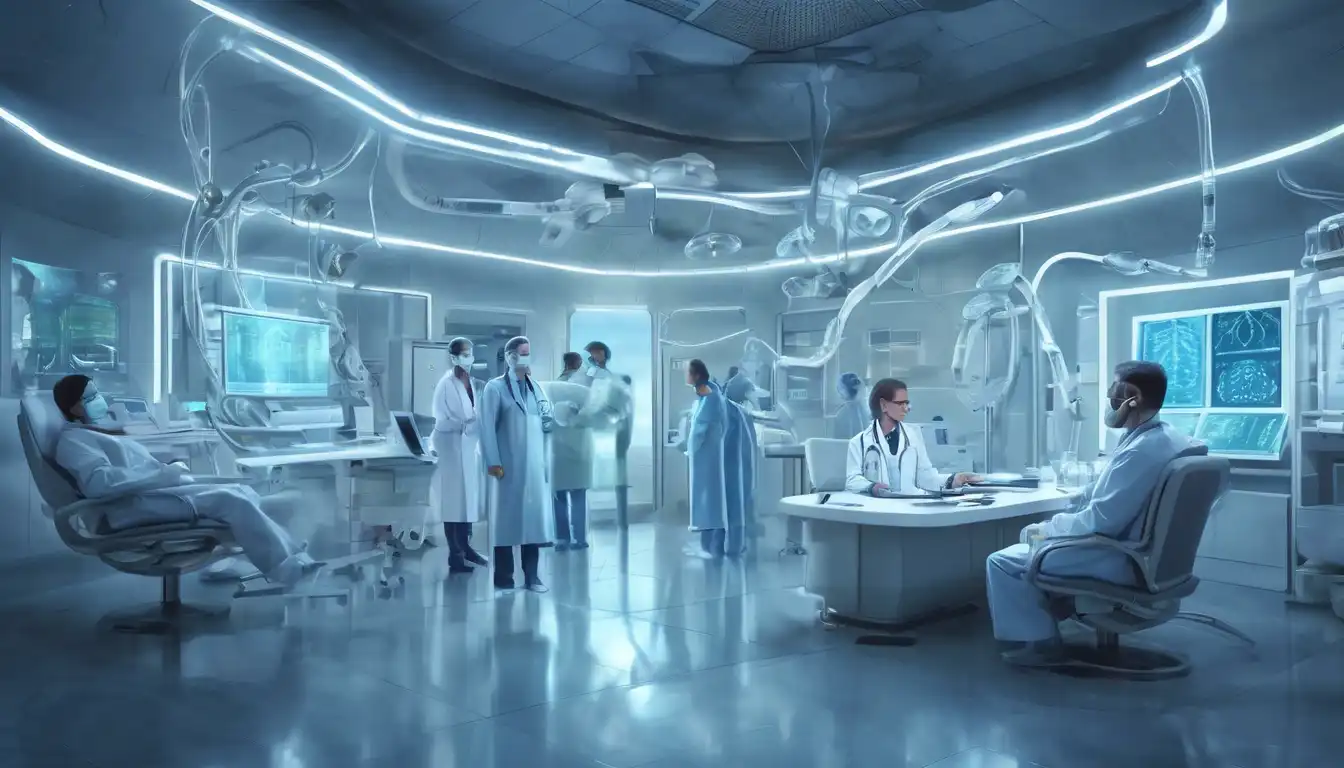Introduction to AI in Healthcare
Artificial Intelligence (AI) is revolutionizing the healthcare industry by providing innovative solutions to complex problems. From diagnostics to patient care, AI's role in modern healthcare is undeniable. This article explores how AI is transforming healthcare and what it means for the future of medicine.
AI-Powered Diagnostics
One of the most significant contributions of AI in healthcare is in the field of diagnostics. AI algorithms can analyze medical images with precision, often surpassing human accuracy. This not only speeds up the diagnostic process but also reduces the chances of human error.
Enhancing Patient Care with AI
AI is also playing a crucial role in patient care. Through predictive analytics, healthcare providers can identify potential health issues before they become serious. Additionally, AI-powered chatbots and virtual assistants are making healthcare more accessible to patients around the clock.
Streamlining Healthcare Operations
Beyond patient care, AI is streamlining healthcare operations. From managing patient records to optimizing hospital workflows, AI is making healthcare systems more efficient. This not only reduces costs but also improves the quality of care provided to patients.
The Future of AI in Healthcare
The potential of AI in healthcare is vast. With advancements in machine learning and data analytics, the future of healthcare looks promising. However, challenges such as data privacy and ethical considerations need to be addressed to fully harness AI's potential.
Conclusion
AI is transforming the healthcare industry in unprecedented ways. From improving diagnostics to enhancing patient care, the impact of AI is profound. As technology continues to evolve, the role of AI in healthcare will only grow, offering new possibilities for improving health outcomes worldwide.
For more insights into how technology is shaping the future of healthcare, explore our technology in healthcare section.
